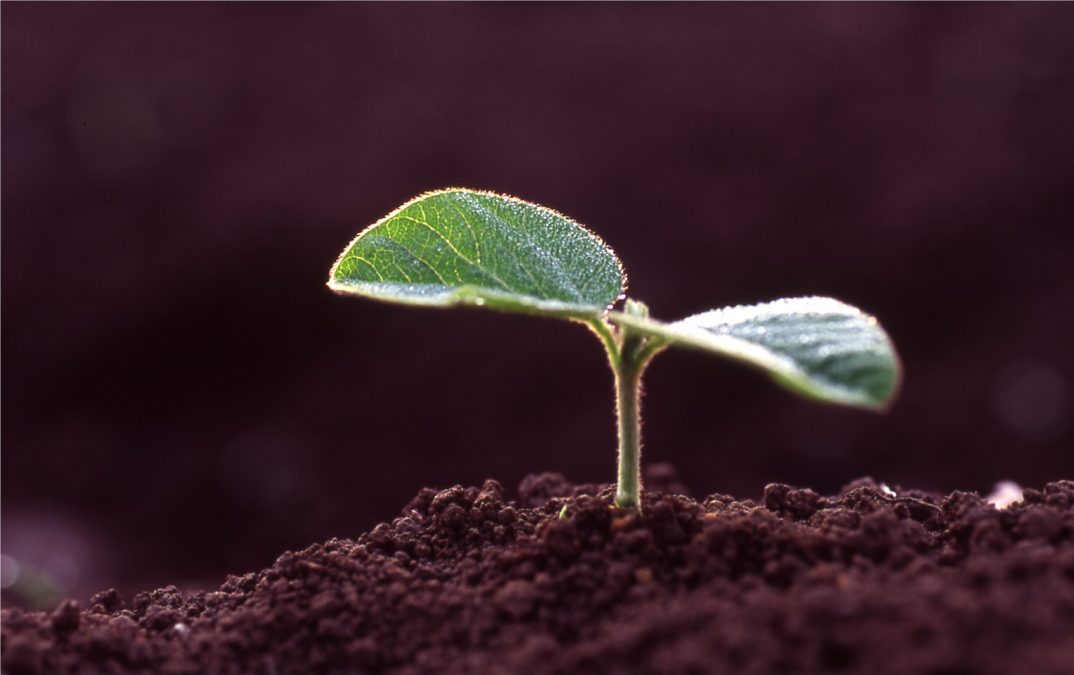
On June 5th, 2023, the world united to commemorate World Environment Day, a global event that brings attention to critical environmental issues and inspires action. This year’s theme, “Beat Plastic Pollution,” emphasized the urgent need to tackle the overwhelming plastic crisis endangering our planet.
Plastic pollution has reached staggering proportions, posing an ecological crisis that engulfs our world. Annually, over 400 million tonnes of plastic are produced, with nearly half of it designed for single-use purposes. Shockingly, less than 10 percent of this plastic is recycled, inflicting severe damage on our environment. Approximately 19-23 million tonnes of plastic waste infiltrate our lakes, rivers, and seas, wreaking havoc on marine life and ecosystems.
The consequences of plastic pollution extend far beyond overburdened landfills and polluted oceans. When plastic is incinerated, toxic fumes are released, exacerbating environmental harm. Moreover, microplastics insidiously infiltrate our food, water, soil and even the air we breathe, presenting potential risks to our health.
Amidst this crisis, there is hope. This reliance on petroleum-based plastics has sparked an interest in nature-based alternatives. Finding sustainable approaches that are more in harmony with nature offer a pathway to combat plastic pollution. The realization that we are drowning in plastics is opening our eyes to our consumption and how it impacts nature and the health of the planet. By embracing a lifestyle in harmony with nature, we can start to cultivate a future that nurtures sustainable living, fostering a profound connection between humans and nature. This means being more mindful about the water that we drink, the food that we eat, the produce that we buy and the waste that we create.
For Shumei, Natural Agriculture is not just an approach to farming, it is a way of living in harmony with nature. It encourages us to strengthen our relationship with nature as part of the natural world, not separate from it. It helps us to also renew our relationship with food, how it is grown, what is in season and what is local and natural versus what is out of season and processed. Our separation from food production has further distanced us from the natural cycles of life. Once we regain this connection and develop this consciousness of our interconnectedness to nature, we can start to see the crisis differently.
So as we celebrate World Environment Day and the challenges we face whether it is plastic pollution or a food crisis, remember that renewing our relationship with nature is a critical step in finding solutions and creating change. Let us take the lessons of World Environment Day to heart and become the stewards of change our planet urgently needs.
“Nature can teach us everything.” – Mokichi Okada

